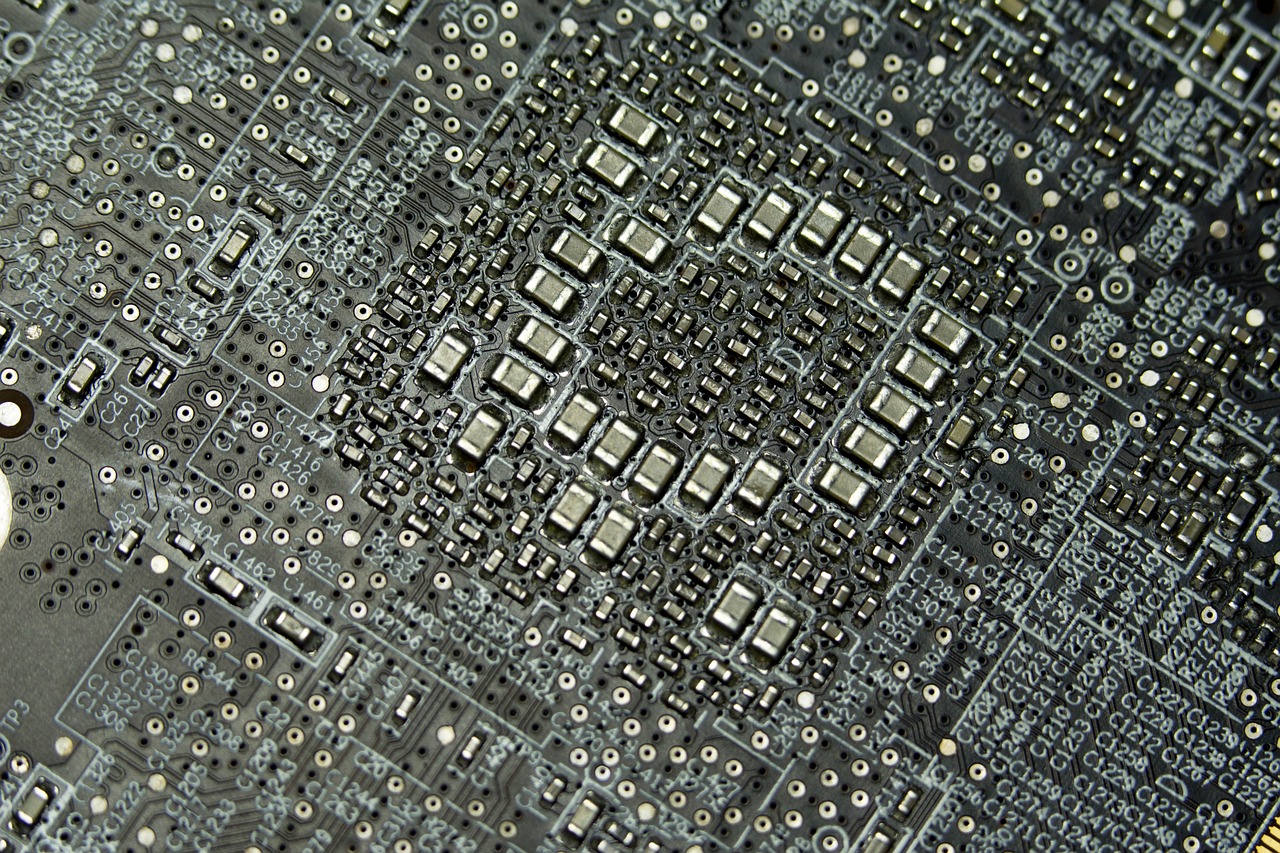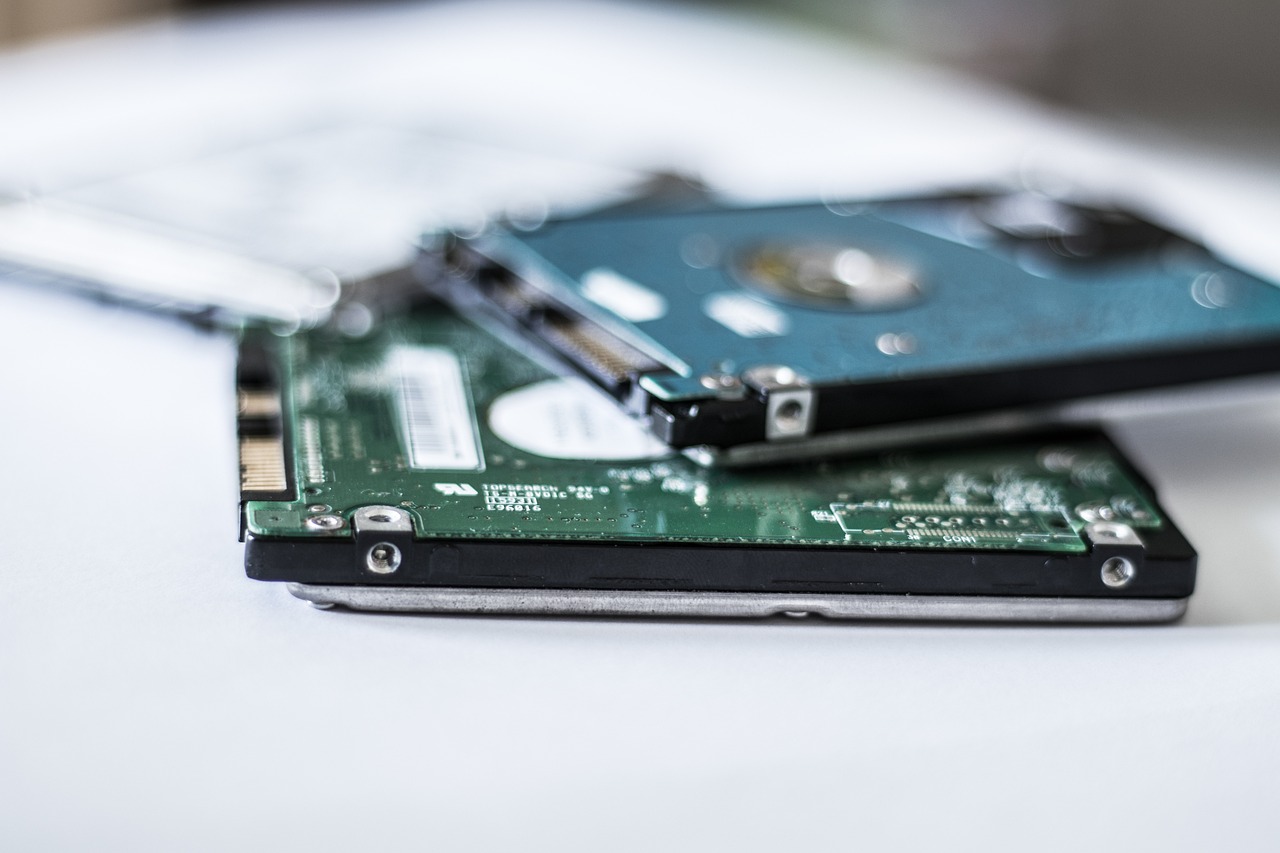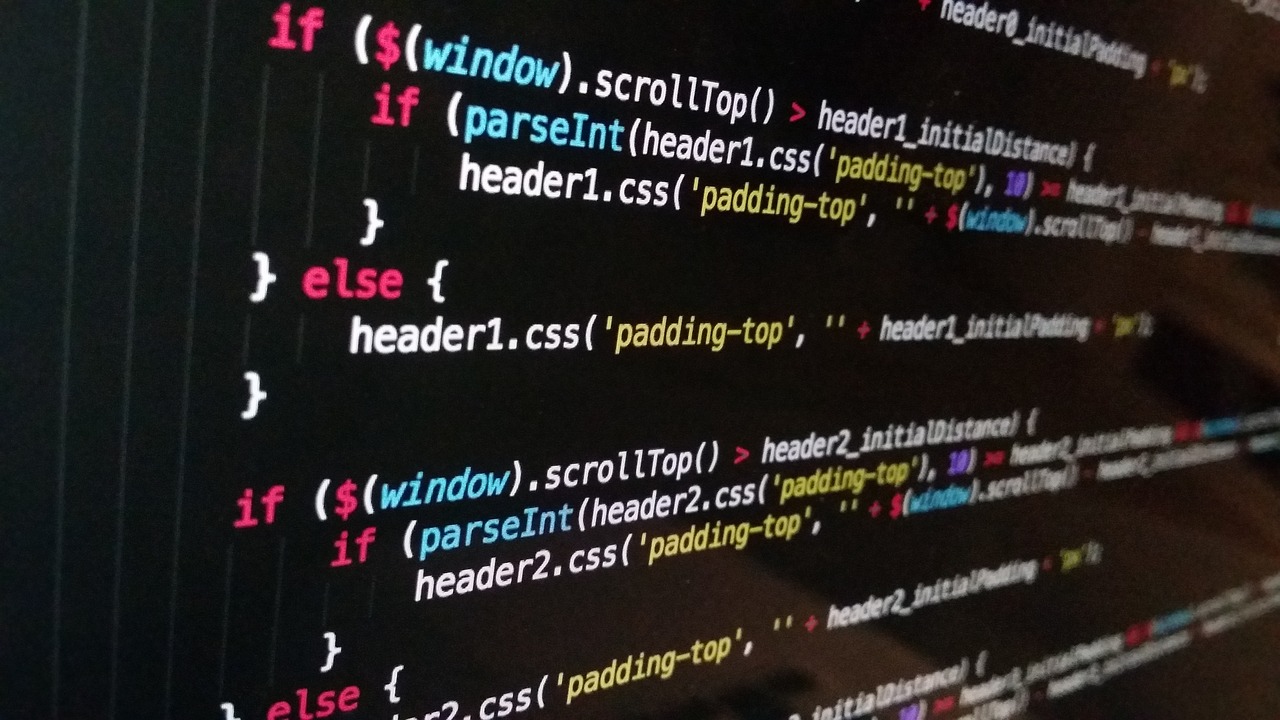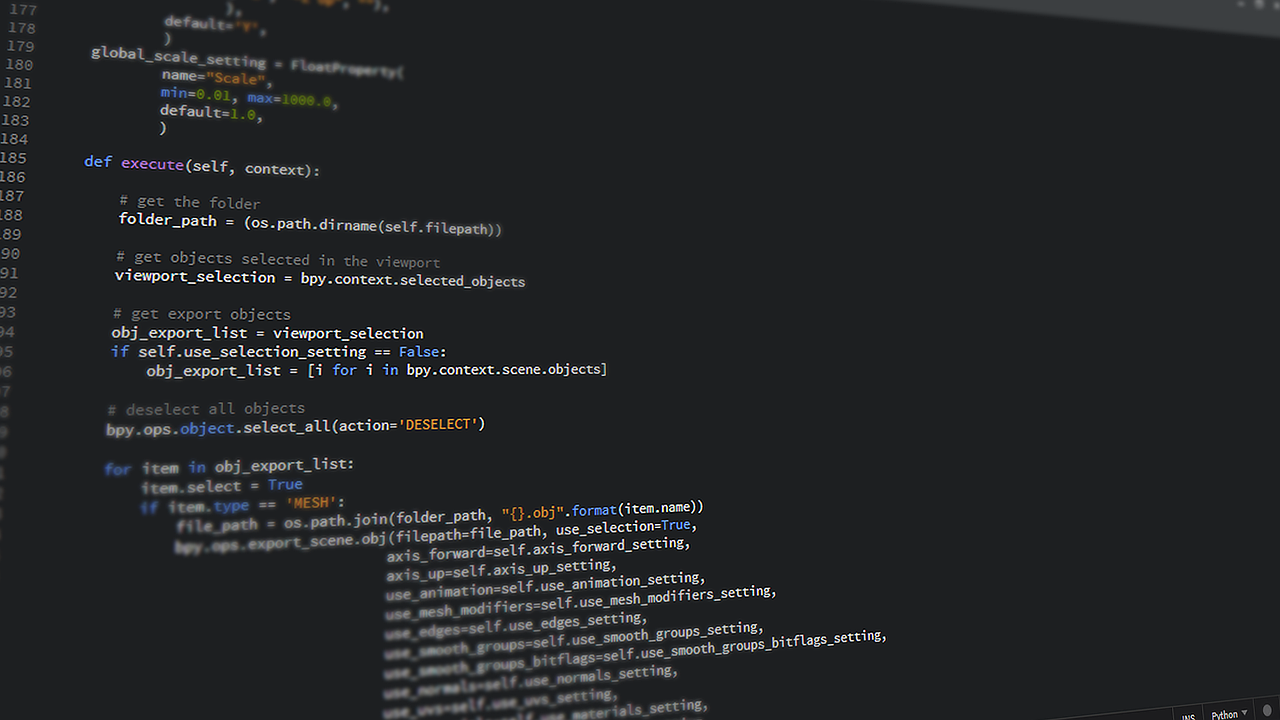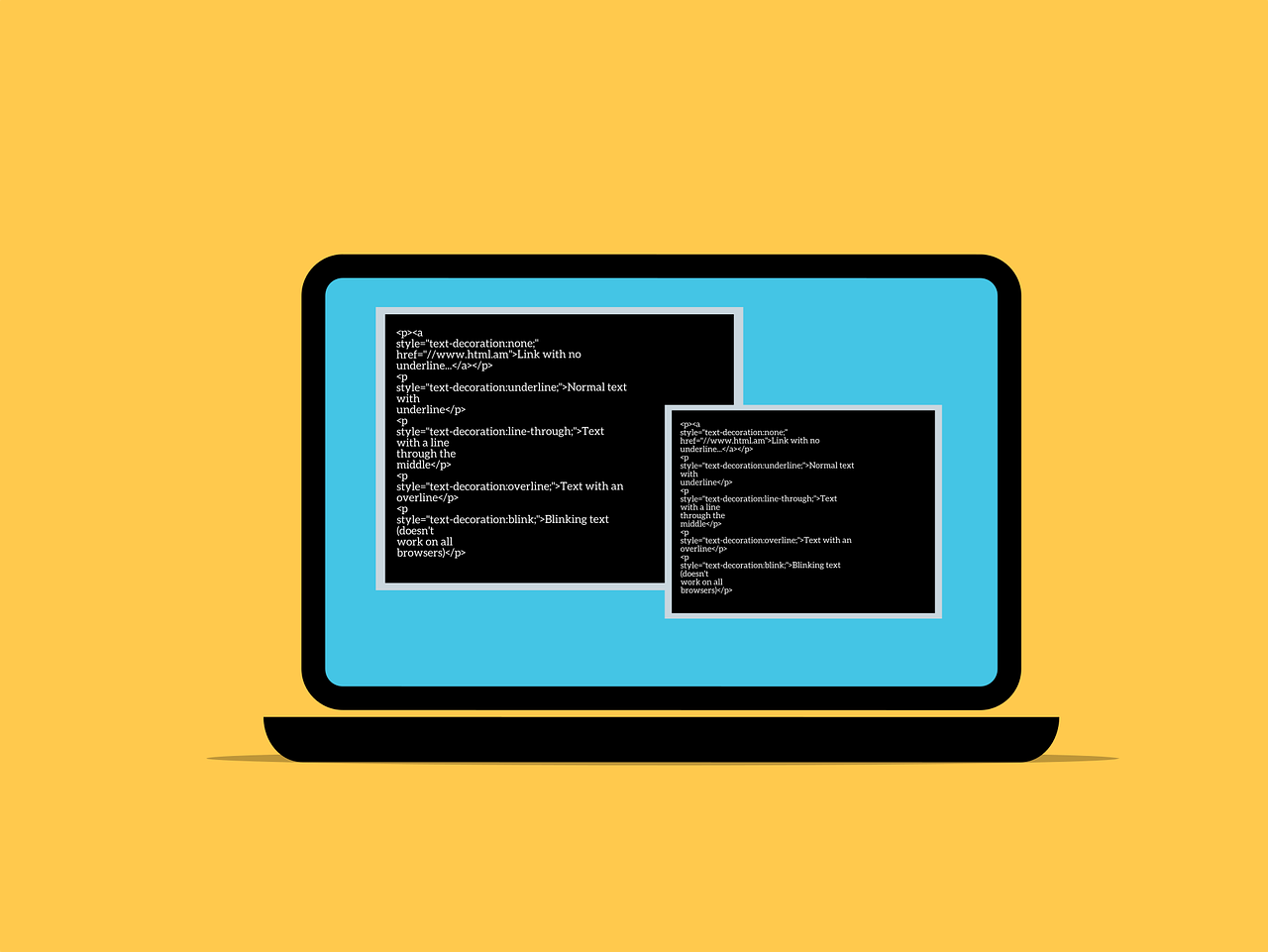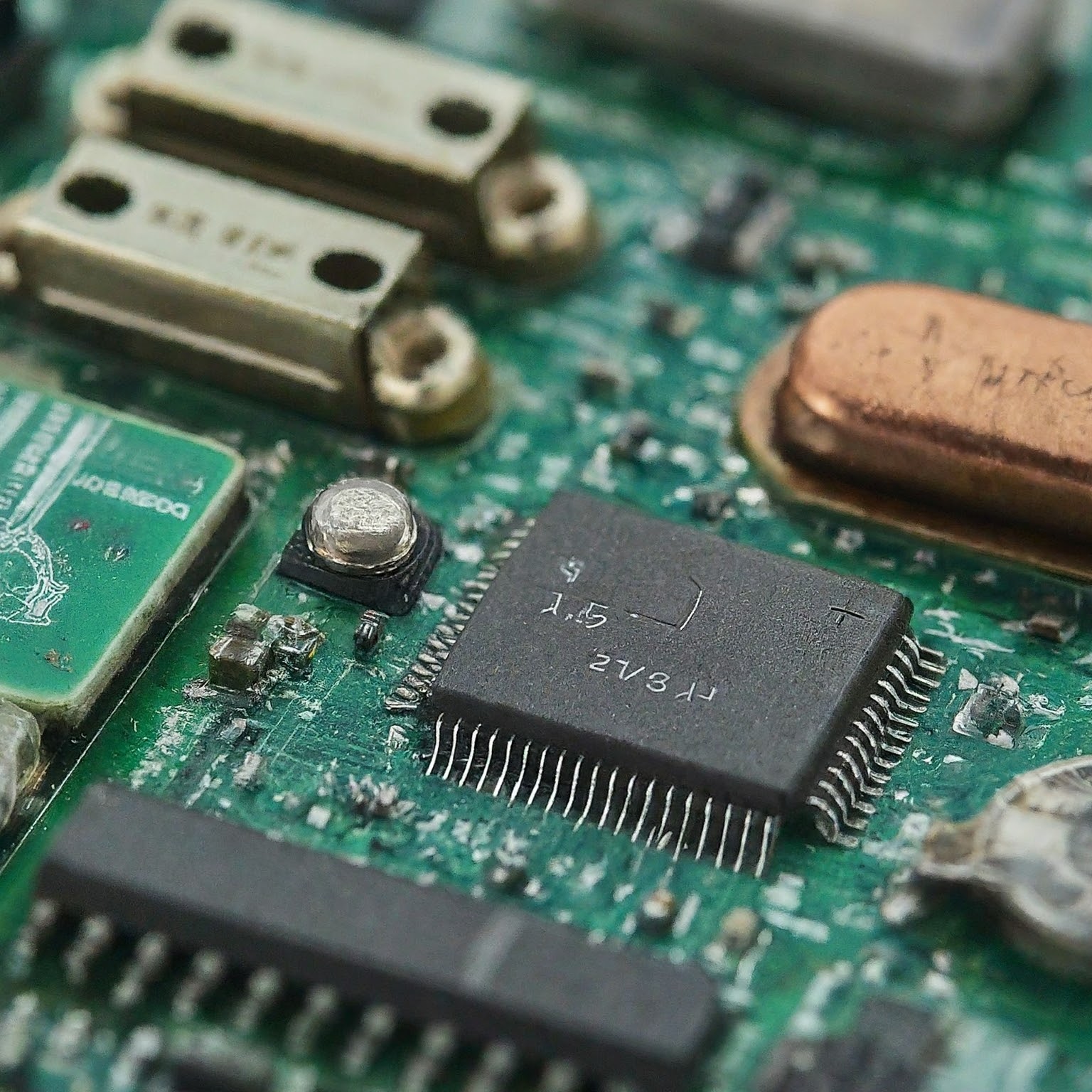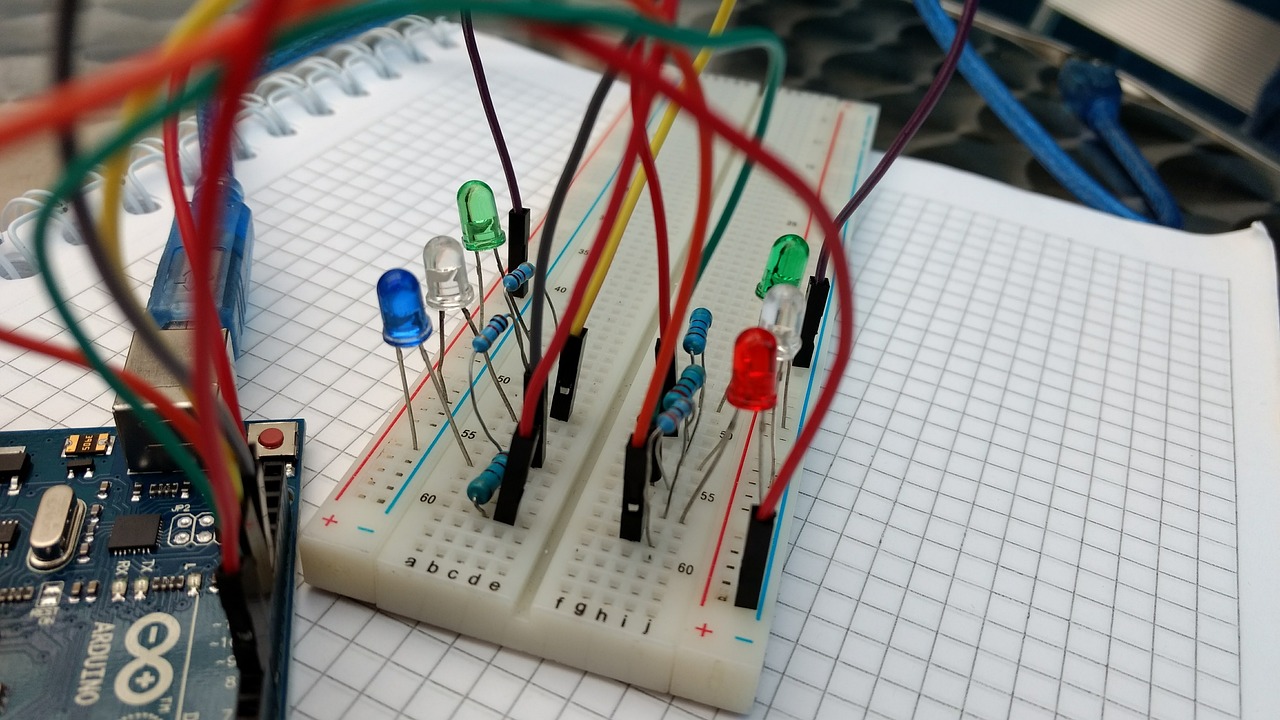Information Technology
Interrupts: The Art of Orchestrating Chaos in Computers
What are Interrupts?
Interrupts are signals sent by hardware devices or software programs to the CPU (Central Processing Unit) demanding immediate attention. They act as a way to temporarily halt the currently executing program (like the music) and deal with a more critical event (like the fire alarm). Once the interrupt is handled, the CPU resumes the original task.
Types of Interrupts:
There are two main categories of interrupts:
- Hardware Interrupts: These are triggered by external devices like keyboards, timers, or network cards. For example, when you press a key on your keyboard, a hardware interrupt signals the CPU to handle the key press.
- Software Interrupts (or Exceptions): These are generated by the software itself when it encounters an error or needs to perform a special system call (like opening a file). An example would be a program attempting to divide by zero, triggering an interrupt to handle the error.
Interrupt Handling:
When an interrupt occurs, the CPU saves the state of the current program (registers, memory location) and jumps to a specific piece of code called an interrupt service routine (ISR). This ISR is responsible for handling the interrupt event. Once the ISR finishes its job, the CPU restores the saved state and resumes the original program.
Signaling Running Processes:
Interrupts play a crucial role in signaling running processes. Here's how:
- Device Communication: When a device finishes a task (like printing a document), it sends an interrupt, notifying the CPU and allowing the running process to continue (e.g., displaying a "printing complete" message).
- Real-Time Tasks: Interrupts from timers ensure real-time tasks like refreshing the screen or playing audio happen at precise intervals, maintaining a smooth user experience.
- Error Handling: Software interrupts allow programs to gracefully handle errors like division by zero or accessing invalid memory, preventing crashes and ensuring program stability.
The Benefits of Interrupts:
- Improved Efficiency: By prioritizing critical events and handling them efficiently, interrupts ensure smooth system operation.
- Program Responsiveness: Devices and programs can communicate with the CPU promptly, improving user experience.
- Error Handling: Interrupts enable robust error handling, preventing system crashes and data loss.
Conclusion:
Interrupts are a cornerstone of modern computer systems. They orchestrate a seamless flow of information between hardware, software, and processes, ensuring efficient and responsive operation. By understanding interrupts, we gain a deeper appreciation for the intricate process that keeps our computers running.








